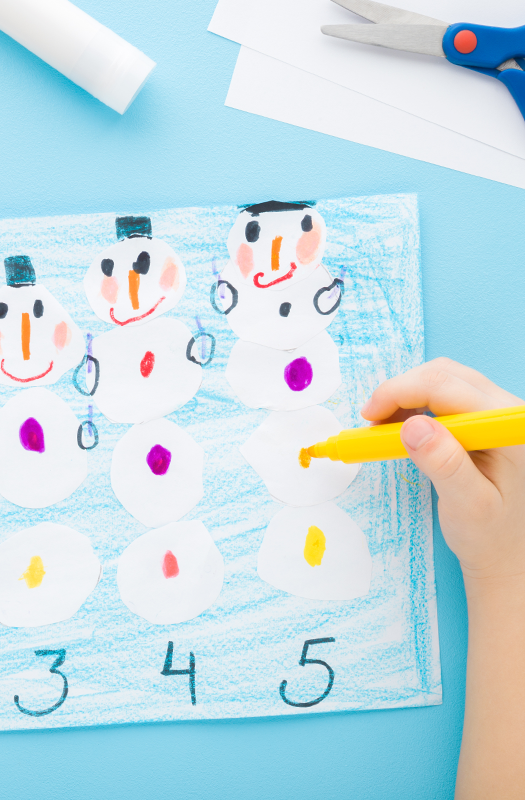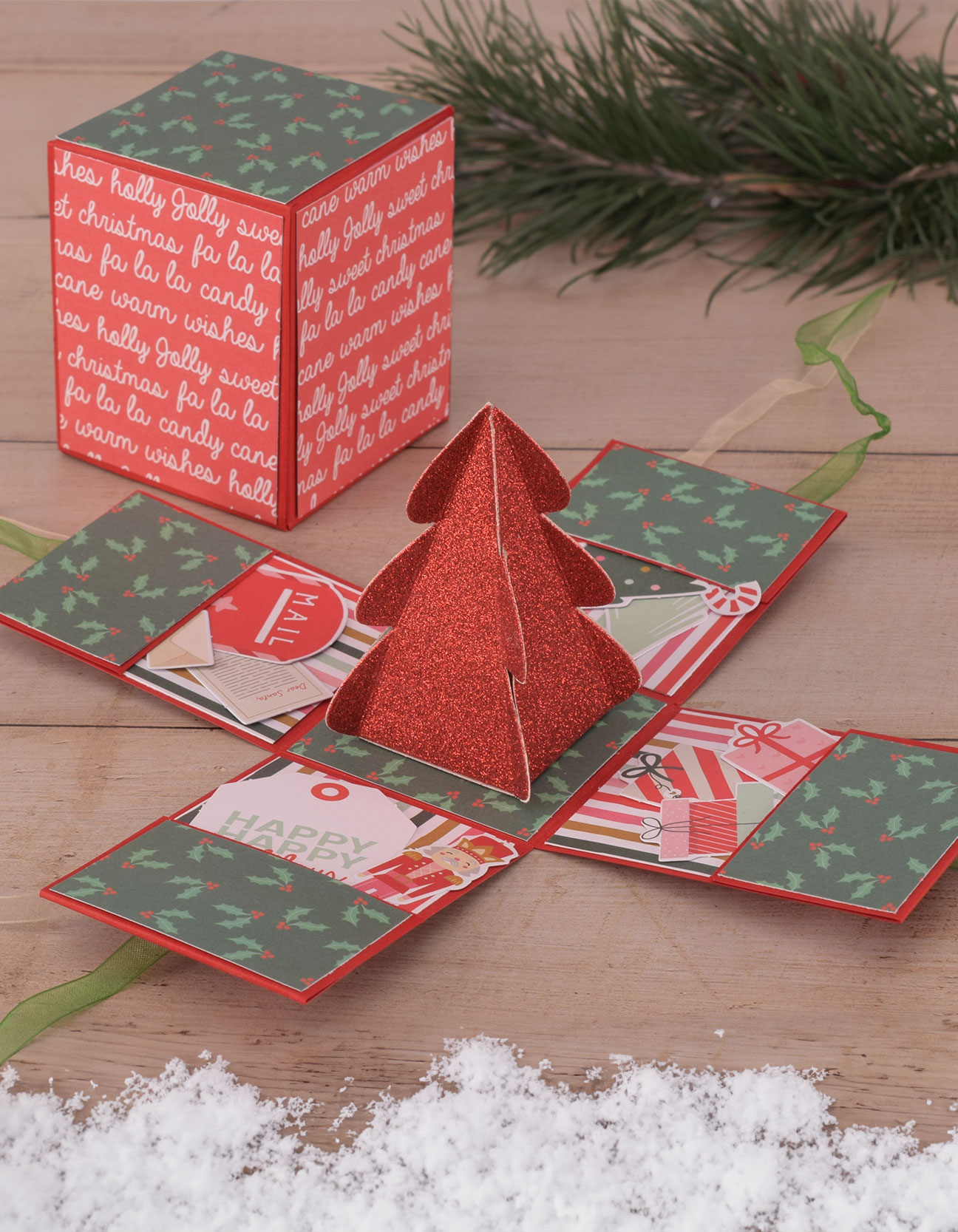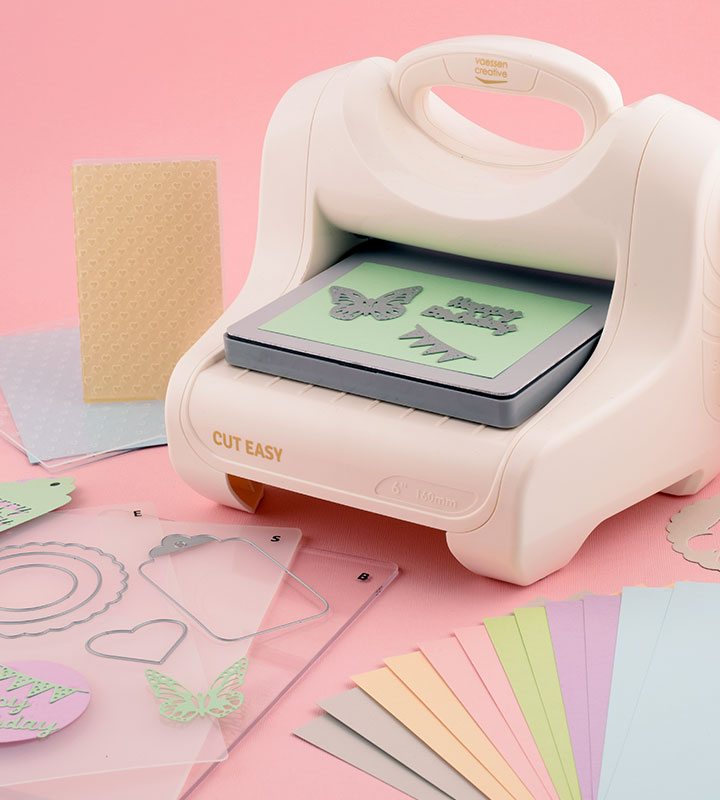A causa dell'elevato traffico, il tuo pacco potrebbe subire dei ritardi


Explore the world of: Manga
Manga is a fascinating art form with millions of fans worldwide. These Japanese comic books and graphic novels have a unique style and rich stories that appeal to readers of all ages. Are you curious about what manga exactly is, how to recognise it, and if you can learn to draw it yourself? Then you’ve come to the right place! In this blog, we step into the world of manga. We will discuss topics such as:
- What is manga?
- How do you recognise manga?
- Can I also draw manga?
- Supplies needed for drawing manga
- Drawing manga step-by-step
- Drawing manga for beginners
- Why manga is popular
- Frequently asked questions about manga
- What to consider when starting to draw manga
- Tips for beginners
So grab your drawing materials, and let’s get started!
What is manga?
Manga is a Japanese art form that consists of comic books and graphic novels. The word "manga" literally means "wild doodles" or "unlimited pictures." These stories are often published in black and white, although colour series are also available now. Manga covers a wide range of genres, from action and adventure to romance and horror, and is suitable for both children and adults. In Japan, manga is a significant part of the culture, and it has had a massive influence on Western comic books and animations.
How to recognise manga?
Manga has several distinctive styles that set it apart from other types of comics:
- Big eyes: Characters often have large, expressive eyes that can convey a wide range of emotions.
- Distinctive hairstyles: Manga characters frequently have unique and colourful hairstyles that contribute to their recognizability.
- Emotional expressions: Facial expressions in manga are often exaggerated to clearly display the characters' emotions.
- Detailed backgrounds: Manga illustrations often feature detailed backgrounds that enhance the setting of the story.
Can I also draw manga?
Yes, absolutely! Drawing manga is a skill you can learn, regardless of your experience level. The most important thing is to be patient and willing to practice. There are many resources available, such as books, online tutorials, and workshops, that can help you master the basics of manga drawing.
Where to start?
Begin with the basics:
- Use the right materials: Make sure you have all the necessary supplies on hand before you start drawing. Good materials lead to better drawings.
- Draw daily: Repetition is the key to improvement.
- Study your favourite manga: Choose a manga or anime image and start by copying it. This is an optimal way to learn the proportions and drawing style of manga. Be sure to draw freehand and avoid tracing the image; you’ll learn much more this way.
- Take a course or workshop: Professional guidance can be beneficial. Additionally, you could take online tutorials and courses.
- Stay motivated: Find inspiration and keep your goal in mind.
Materials needed to draw manga
Before you start drawing, it's helpful to have all the right materials on hand. Here are some basic essentials you'll need:
- Drawing paper: Choose smooth paper that is suitable for ink drawings.
- Pencils: Use pencils of different hardnesses for sketching and shading.
- Fineliners: For making sharp, precise lines.
- Erasers: A good eraser is essential for correcting mistakes.
- Markers: For colouring your drawings.
- Waterbrushes: These are useful for applying watercolours and creating soft shadows.
Step-by-step manga drawing
To create a good manga illustration, it's important to follow a structured approach. Here's a simple step-by-step guide:
- Sketch basic shapes: Start by sketching simple shapes like circles and ovals to lay the foundation of your character.
- Head and face: Draw the outlines of the head and place the eyes, nose, and mouth in the correct positions.
- Body and pose: Add the body, ensuring the proportions are correct.
- Details and clothing: Flesh out the details such as hairstyle, clothing, and accessories.
- Ink and shade: Use fineliners to draw the final lines and add shadows for depth.
- Colouring: Colour your drawing with markers or waterbrushes.
Drawing manga for beginners
Want to start drawing manga, but don't know where to begin? No worries! In this section, we'll take you step-by-step into the world of manga. From drawing characters to eyes and hair, you'll learn everything you need to bring your first manga characters to life. Grab your pencil and paper, and let's discover the magic of manga together!
Drawing manga characters
Drawing a manga character is an exciting step in your creative journey. Start by sketching the basic shapes: a circle for the head, an oval for the body, and simple lines for the limbs. Manga characters often have a slim and stylised form, so keep that in mind as you draw. Then, add details like facial features and clothing styles that reflect your character's personality. Experiment with different poses and stances to make your character come to life.
Drawing manga eyes
Manga eyes are a vital genre feature and can express a lot of emotion. Start by drawing large, expressive eyes. Use round shapes for the irises and pupils, and then add the distinctive sparkle for extra liveliness. Experiment with different eye styles, such as large, sparkling eyes for female characters or sharper, more intense eyes for male characters. Don't forget to add eyebrows and eyelashes to complete the look of the eyes.
Drawing manga faces
Drawing a manga face starts with a good foundation. Draw a symmetrical circle for the head and divide it into equal parts for the placement of the eyes, nose, and mouth. Manga faces often have a youthful look with smooth lines and soft contours. Experiment with different facial expressions by adjusting the position and shape of the eyes, nose, and mouth. Finally, add details like hairstyle, eyebrows, and facial features to enhance your character's personality.
Drawing manga hair
Manga hairstyles are often imaginative and expressive. Start by drawing the basic hair shape with simple lines and shapes. Manga characters often have hairstyles with sharp angles and unique patterns. Experiment with different styles, such as long flowing locks, spiky hair, or short funky cuts. Use thin lines and emphasise the shadows to add texture and depth to the hair. Don't forget to add movement and dynamics to the hair to bring your character to life.
Drawing manga movements
Manga is known for its dynamic movements and action scenes. Start by sketching the basic shapes of the body in the desired pose. Use flowing lines to capture the movement of the body and limbs. Pay attention to the position of the joints and proportions to create a realistic movement. Then, add details like muscles, clothing folds, and facial expressions to enhance the action. Experiment with different poses and movements, from fight scenes to dance moves, to make your manga scenes lively and engaging.
Drawing manga clothing and style
Manga clothing ranges from traditional to contemporary and can enhance a character's personality. Start by sketching the basic shape of the body with light lines for the placement of the clothing. Manga clothing is characterised by bold lines, sharp folds, and often imaginative designs. Experiment with different clothing styles, such as school uniforms, modern outfits, or traditional kimonos. Add details like stitching, buttons, and accessories to define your character's style. Don't forget to accurately depict the fabric texture and folds to bring your drawing to life.
Why manga is popular
Manga is popular for several reasons:
- Diverse genres: Manga covers many genres, from action and adventure to romance, horror, science fiction, and more. This ensures there’s something to appeal to everyone.
- Storylines: Manga often offers complex and profound stories with well-developed characters. Readers can easily identify with the characters and follow engaging storylines.
- Character development: Characters in manga are often well-developed and have deep character arcs.
- Visual appeal: The distinctive art style of manga, with large expressive eyes, vibrant characters, and dynamic action scenes, attracts many readers. The visual storytelling is unique and appeals to both young and adult audiences.
- Cultural impact: Manga has a significant influence on both Japanese and Western pop culture, with many manga being adapted into anime, films, and video games.
- Accessibility: Manga is often affordable and readily available, both in physical form and online. This makes it accessible to a broad audience.
Frequently asked questions about manga
You probably have some questions about manga and drawing manga. Whether you're new to the world of manga or want more information, here you'll find answers to people's most common questions about manga.
What is the difference between manga and anime?
The main difference between manga and anime lies in the medium. Manga is a printed medium, like books or comic books, while anime is an audiovisual medium, like movies or series. Manga is usually published in black and white and read from right to left, while anime is in colour and viewed just like any other TV show or movie. Although manga and anime are closely related - many popular anime series are based on manga and vice versa - they each form a unique part of Japanese pop culture and have a huge fanbase worldwide.
What materials do I need to draw manga?
Essentials include drawing paper, pencils, fineliners, erasers, markers, and waterbrushes. You can also use digital drawing equipment, such as a drawing tablet.
Can I learn to draw manga without experience?
Yes, anyone can learn to draw manga with the right supplies and enough practice. Start with basic shapes and build your skills by practising and following tutorials.
How long does it take to get good at drawing manga?
The time it takes to get good at drawing manga varies from person to person. Regular practice and studying different techniques can help you make progress faster.
What to consider when drawing manga as a beginner
If you want to start drawing manga, there are a few important things to keep in mind:
- Practice makes perfect: Be patient and give yourself time to grow.
- Study the basics: Learning the basics of anatomy, perspective, and composition can be helpful.
- Analyse existing manga: Study different manga styles to see what appeals to you.
- Use reference material: References can help you draw accurately and consistently.
Tips for beginners
Here are some tips to help you get started:
- Start simple: Begin with simple drawings and gradually work your way to more complex illustrations.
- Work in layers: Sketch lightly first and gradually work toward darker lines.
- Copy and learn: Copy drawings from your favourite manga artists to understand how they create their art.
- Follow tutorials: Use online tutorials and courses to improve your skills.
Creativity knows no bounds, and drawing manga is a wonderful way to develop your artistic skills. With the right materials and a bit of patience, you can soon create your own manga masterpieces. So what are you waiting for? Grab your drawing supplies and start exploring the fascinating world of manga today!



